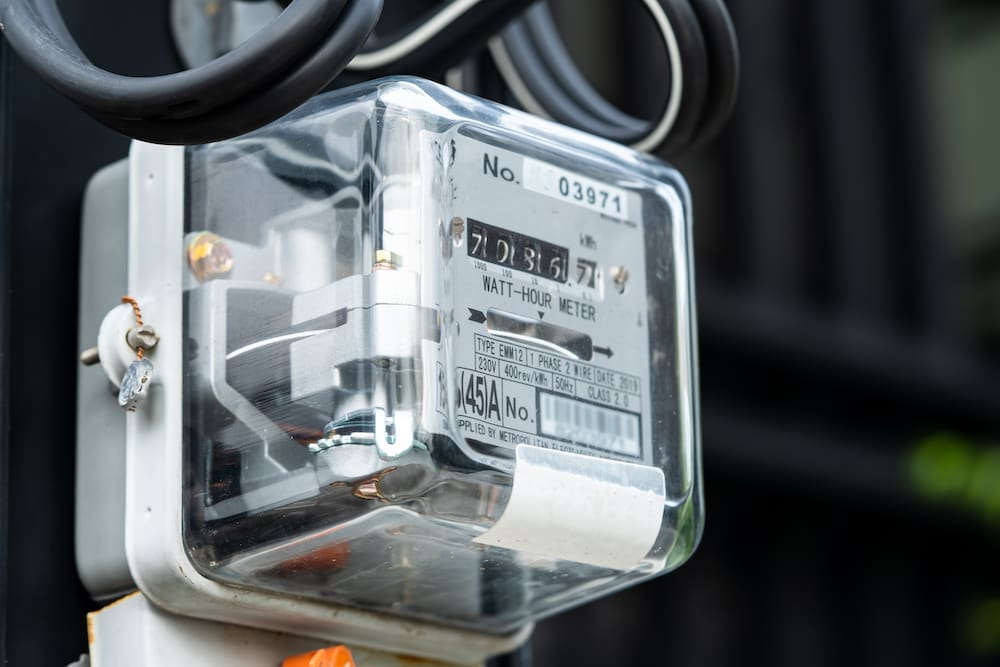- Published Mar 5, 2024
- Last Modified Mar 6, 2024
- 5 min
Energy Management in Manufacturing Plants
Explore how energy management boosts efficiency and sustainability in manufacturing plants, cutting costs and embracing renewable solutions.


The manufacturing sector in the Philippines serves as a cornerstone of the nation's economy, contributing significantly to its GDP and employment. This sector, known for its dynamism and resilience, is currently navigating a landscape filled with challenges.
Among the most pressing issues is the looming depletion of the Malampaya natural gas fields, expected by 2024, which has been a critical energy source for the country. Coupled with this is the burden of high electricity costs, placing immense pressure on manufacturing plants to seek efficient energy management solutions. These challenges impact not only operational costs but also the sustainability and future growth of this vital sector.
This blog will explore the current energy landscape, innovative technologies for energy efficiency, the integration of renewable energy sources, and the benefits of adopting sustainable business practices, offering insights and solutions for energy management in the Philippines' manufacturing sector.
The Energy Landscape in the Philippines’ Manufacturing Sector
The Philippine manufacturing sector is predominantly powered by fossil fuels, with coal, oil, and natural gas collectively supplying about 80 percent of the country's energy needs. This heavy reliance on fossil fuels, especially coal and natural gas, presents a significant challenge in terms of sustainability and cost-efficiency in energy management. The imminent depletion of the Malampaya gas fields further complicates the energy landscape, intensifying the need for alternative solutions.
High energy costs significantly impact the operations of manufacturing plants in the Philippines, affecting competitiveness and profitability. In contrast, countries like Vietnam have made significant plans to diversify their energy mix, increasingly incorporating renewable sources. Similarly, Thailand has also advanced in integrating renewable energy, reducing its reliance on natural gas.
This difference underlines the potential for energy savings and efficiency improvements in the Philippines through a more diversified and strategic energy management approach. The shift towards a sustainable energy mix, including a higher proportion of renewables, offers not only a challenge but a substantial opportunity for innovation and development in the Philippine manufacturing sector.
Innovative Technologies for Energy Efficiency
To enhance energy efficiency, Philippine manufacturing plants are increasingly turning towards innovative technologies. Energy meters, flow sensors, AC induction motors, and smart grid systems are at the forefront of this technological revolution. These tools play a pivotal role in optimizing various manufacturing processes.
For instance, AC motors improve efficiency in machinery, while energy meters and smart grid systems enable real-time energy monitoring and predictive maintenance.
Such technologies not only streamline operations but also significantly reduce energy consumption, contributing to sustainable business operations and a substantial reduction in carbon footprints. Their adoption marks a shift towards more environmentally responsible manufacturing practices.
Addressing Renewable Energy Sources and Integration
The integration of renewable energy sources, such as solar and wind power, into business operations presents both potential and challenges. Renewable energy offers a sustainable and cost-effective solution to the sector's energy woes.
However, the intermittency of these sources necessitates the adoption of energy storage solutions and smart grids in energy management. These technologies ensure a consistent energy supply, enabling manufacturers to effectively harness renewable sources.
The transition to renewable energy is not just an environmental imperative but also a strategic move towards energy independence and long-term cost savings.
Benefits of Adopting Sustainable Practices in Manufacturing Business
Adopting sustainable manufacturing practices offers a plethora of benefits, both economically and environmentally. For one, these business practices lead to long-term cost savings. By reducing energy consumption and waste, manufacturing plants can significantly lower their operational costs.
Environmentally, sustainable business practices contribute to a substantial decrease in greenhouse gas emissions, helping combat climate change. Additionally, they result in a smaller ecological footprint, demonstrating a commitment to preserving natural resources for future generations.
In the Philippines, the move towards sustainable manufacturing is further encouraged by government initiatives. A notable example is the introduction of green financing incentives by the Philippines Central Bank. These incentives aim to support businesses in transitioning to greener and more sustainable operations.
By providing financial benefits for adopting environmentally friendly practices, the government is effectively aligning economic incentives with ecological responsibility, making it a win-win for businesses and the environment alike. These policies not only support the immediate goals of energy and cost efficiency but also contribute to the broader objective of sustainable development in the Philippines.
Lead the Way in Energy Management Solutions for Manufacturing

The significance of efficient energy management in the Philippines' manufacturing sector cannot be overstated. Addressing the challenges of high energy costs and the imminent depletion of natural gas reserves is essential for the sector's sustainability and economic viability.
Through the adoption of innovative technologies, integration of renewable energy sources, and commitment to sustainable business practices, significant strides can be made. RS Philippines stands as a pivotal partner in this journey, offering a range of products and expertise in energy management solutions.
Embracing these changes is not just a strategic decision for manufacturing plants but a step towards a more sustainable and prosperous future for the Philippines. Explore our solutions and discover how RS can assist in optimizing your energy management.
Popular Energy Management Brands
Phoenix Contact
Phoenix Contact specializes in providing state-of-the-art energy meters instrumental in tracking and analyzing energy usage, facilitating energy management and enabling manufacturers to identify areas for improvement.
Schneider Electric
Schneider Electric is a leader in the energy management sector, offering advanced energy meters. Their products are designed to provide accurate and comprehensive energy usage insights.
Related links
- Energy-Efficient Industrial Water Management: Smart Metering and Pumping
- The Importance of Energy Audits for Businesses in the Philippines
- How Automation & Control Gear Can Reduce Energy Consumption
- The Importance of Surveillance Cameras in Manufacturing Establishments
- Your Smart Choice for Energy Savings and Back-up Solutions
- Solar Technology 80W Kit Renewable Energy Kit
- Delivery Methods & Charges
- Reduce Office Energy Use with Efficient PC Power Supplies